She lived through segregation, she knew discrimination – and fought back as an activist. But Clementine Williams is best known and loved as a dedicated educator.
- by Maurice Singleton
“I wasn’t a mathematics person,” Williams recalled, “And my mom didn’t have the patience. But my dad would sit down at the kitchen table and make sure that I got math. We’d go over it and over it until I got it.”
Her parents’ diligence, combined with the rigid curriculum and strict demands of the nuns at St. Rose de Lima Catholic School, led to Williams successfully completing high school in only three years. She and a fellow classmate, Marinella Ishem, were recommended to take an eleventh-grade equivalency test. Both met the requirements to skip eleventh grade and went on to twelfth. The kicker: They finished first and second in the graduating class of 1957, with Ishem as Valedictorian and Williams as Salutatorian. Then it was time for college. Williams dreamed of attending Xavier University in New Orleans. Her mother felt she was too young to go off to college and suggested that she work for a year before leaving home. That proved to work out perfectly for her as she gained work experience. She worked as a babysitter for Jim and Winnie McDonald, who had their first child and were managing McDonald Lumber. A year after graduating from St. Rose, her parents approved of her going to Alcorn. Williams had won an academic scholarship to Alcorn College in Lorman, Mississippi. College provided an academic challenge and many opportunities for new social experiences. Alcorn provided her an enriching environment in many areas; she became involved in student government, Honor Society, and Oratory Club. “Teenie [Clementine] is a shining example for our family,” said her sister, Donna Williams. “She was the first to attend college, along with all the other firsts she achieved in the city of Bay St. Louis. We followed her example and pursued a higher education. Not only did she help us to get into college, she also helped us financially to stay in college and buy extra items we wanted.” While back home in Bay St. Louis during the Christmas holidays of her sophomore year, Williams was surprised when she was refused service at the local library. “I can’t let you come in here,” the clerk told her. It was 1959, and African American citizens were still being denied equal access to services across the state of Mississippi. Her father, who was a well-known pulp wood businessman, visited Mayor John Scafidi, telling him what had happened at the library. “She just wants to use the books,” he told Scafidi. “She’s not going to harm the books.” Scafidi made a call, and Williams returned to the library to do research for the paper she was writing. She recalled that the clerk was friendly and welcoming. “It seemed like after that the doors of the library were open to everybody,” Williams recalled.
Williams learned something from her father speaking up, as she would later become the person who would speak up for others who didn’t have a voice. While at her first teaching assignment in Newton, Mississippi, Williams went door-to-door with the Freedom Riders to educate residents in rural Neshoba County on voter registration. “A lot of them were welcoming, but a lot of them were scared,” she recalled. “This was 1963. "I didn’t get to meet Dr. King, because I wasn’t there yet. But I did get to meet Ralph Abernathy at one of the churches. He told us to never to go out by yourself, to always go out in groups of two or three. “But it didn’t matter. Those three civil rights workers were killed near Philadelphia in 1964. “Louise and Douglas had no idea that I was going out with these people doing this,” Williams explained. Williams was encouraged by her first year of teaching as well as taking part in voter registration drives. She looked forward returning to Newton County. As the summer passed, she waited for a call, but there was no call. Williams decided to call the superintendent herself, who said, “I forgot to call you, but I don’t have anything for you.” She was disappointed that she was not rehired, as she recalled all the success she enjoyed as a first-year teacher. She couldn’t figure out why she was not rehired. She called the superintendent again for clarification. “I just don’t have any use for you,” he said. Williams was able to secure a job in the fall of 1963 at Saints Junior College in Holmes County, a school affiliated with the protestant Holiness Church. The teachers could not wear makeup, and they were required to attend church services. They were also encouraged to join the principal at her home for prayer services. The more they fit in, the better it was for them. Early on, Williams realized that this was probably not the best situation for her, but she tried to make the most of the opportunity, growing as a teacher and developing the children. However, as a Catholic, the church commitment was more than she could handle. “I’m not going back there,” she told her parents. "I’d rather sell bait at the foot of the bridge than go back there.” “Then come on home if you’re that unhappy up there,” her father told her. Fortunately, an opportunity at Valena C. Jones School in Bay St. Louis opened up in the fall of 1964. At the same time, her work as an activist for change had gained some momentum. As that first year at Valena C. Jones came to an end, and as teachers cleaned out their classrooms, she invited a group of teachers to join her at Frost Top, a local hamburger restaurant just west of Second Street on the north side of Highway 90. “Y’all, let’s go get some lunch at the Frost Top,” she said. “I remember Audrey, I remember Coach Bradley. A few of us went. They were going to the window; I said no. Civil Rights legislation had passed. We should be able to go through the front door. So we went through the front door.” “We can’t serve you in here. We can serve you at the window,” they were told. Williams recalled reading a big sign outside the door that read: No pets allowed. “So I guess we’re pets,” she said. Williams told her mother about the Frost Top experience. “Girl, you’re going to get in a world of trouble,” her mother warned. Her father identified an organization that was enforcing the new civil rights legislation and referred the information to her. “It happened to you, you contact them,” he told her. Williams made the call, and a representative visited her in her classroom at Valena C. Jones. When word got to the principal, he went to her classroom and told the organization’s representative that he could not interview Williams at his school. The Civil Rights enforcement representative agreed to meet her at her family home on Sycamore Street. They laughed as they talked about the Frost Top experience and being run off the campus at Valena C. Jones. He told her that he would be in touch. About six months later, he called, informing her to go back to the Frost Top. She and one other teacher went back. There was a sign that read: We do not discriminate. “She is the most professional person I’ve ever met,” said Bertha Reed, her college roommate and best friend. “She’s highly motivated, and she always shows the proper empathy and the proper sympathy without going overboard. She always has good ideas, and she has a mind of her own. Her teachers knew that, and she was never afraid to express her point of view. “Every now and then we might have to slap her hand, so to speak,” added Reed. “We have to remind her that she delegated that when we’re working on fundraisers for Alcorn. We’re the workers, and we work well together.” Williams retired in 2002 from Pass Christian Public Schools as an accomplished educator. Her career spanned forty years in which she worked as an elementary school teacher, reading consultant, interim principal, and principal. Her work history, all in Mississippi, included stints in five school districts: Newton County, Saints Junior College, Moss Point, Pass Christian and Hancock County. Williams said that she evolved as a teacher, inspired by the moment a student grasped a new concept. “That’s the reward,” she said. “They inspired me. Once you get to know the students, where they come from, and what they’re dealing with, they will work with you. Once they know you care about them, they will do anything you ask of them.” Her sister, Donna, recalls, “She is responsible for helping complete college applications and financial aid packets for many, many young people in the neighborhood and community.” Williams admitted that she didn’t arrive at her formula for successfully teaching immediately. She said that during her first teaching assignment in Newton County, she became a bit frustrated because some students weren’t doing their work or weren’t trying hard enough to learn. While sharing her frustration with another teacher, she was advised that some of the students were picking cotton after school. These kids were likely exhausted from a full day of class work followed physical labor in the fields after school. Some were even struggling with insufficient nutrition. “Since the death of our parents, she is our matriarch. Her house is the go-to place for the immediate family and extended family when we come to town; and you can find us all at her home for holiday gatherings,” says Donna. “She doesn’t have any children of her own, but she has taken up the armor for our nieces and nephews, and now great-nieces and nephews, who affectionately call her Aunt Teen. “She is very generous with her time and talent. It’s hard for her to say no if it involves helping St. Rose or the Bay St. Louis community. We are so very proud of her and her accomplishments.” Enjoy this feature? Comments are closed.
|
Categories
All
Archives
July 2024
|
Shoofly Magazine Partners
Our Shoofly Partners are local businesses and organizations who share our mission to enrich community life in Bay St. Louis, Waveland, Diamondhead and Pass Christian. These are limited in number to maximize visibility. Email us now to become a Shoofly Partner!

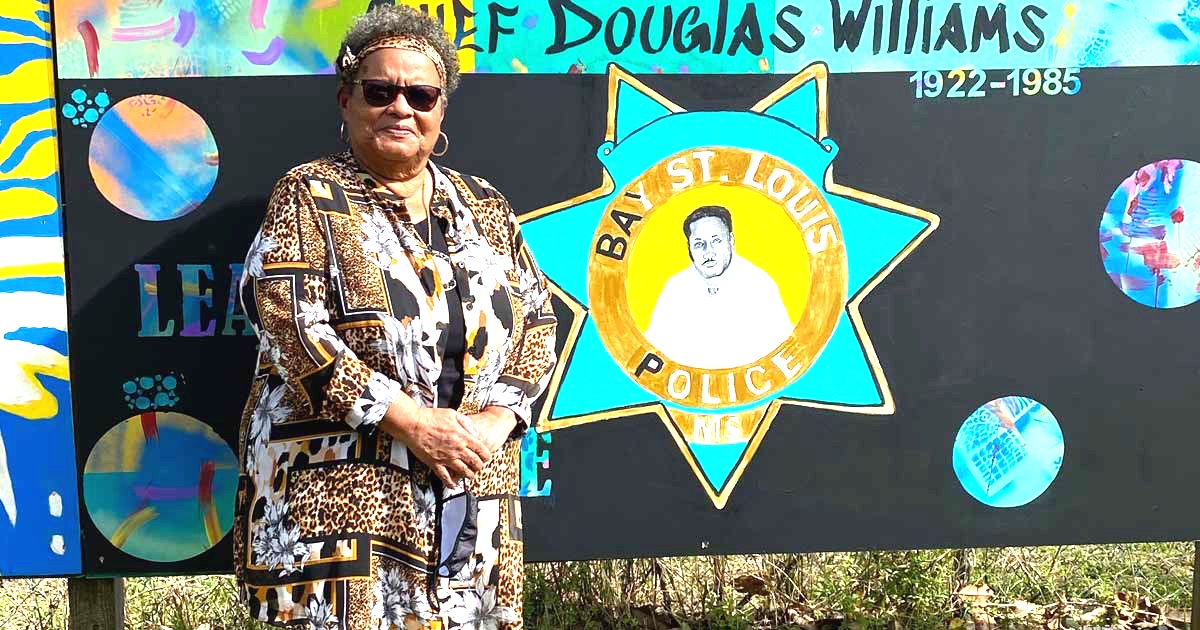

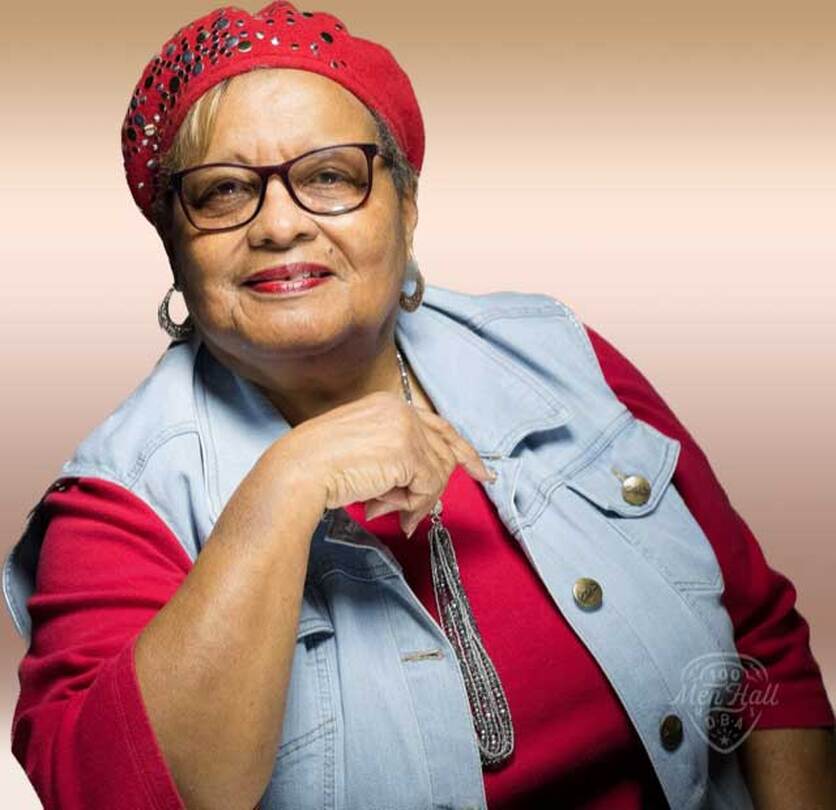
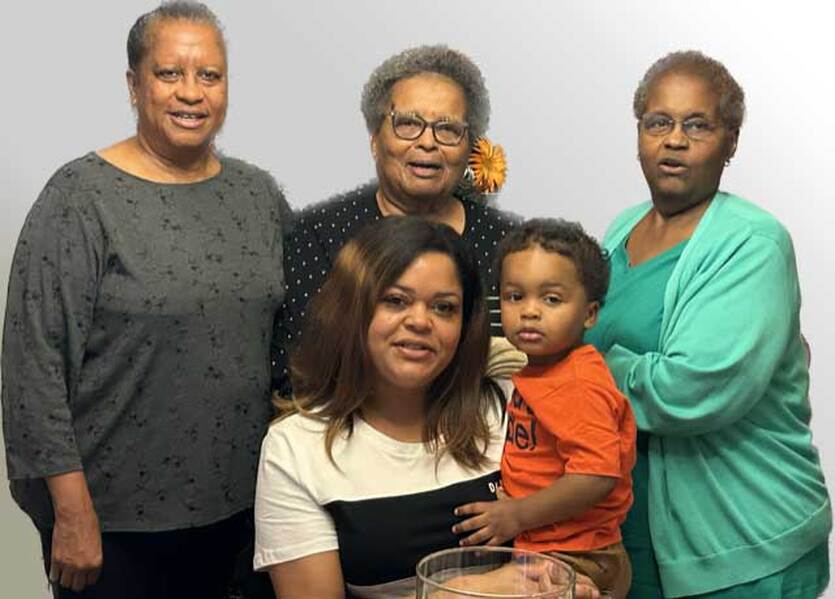
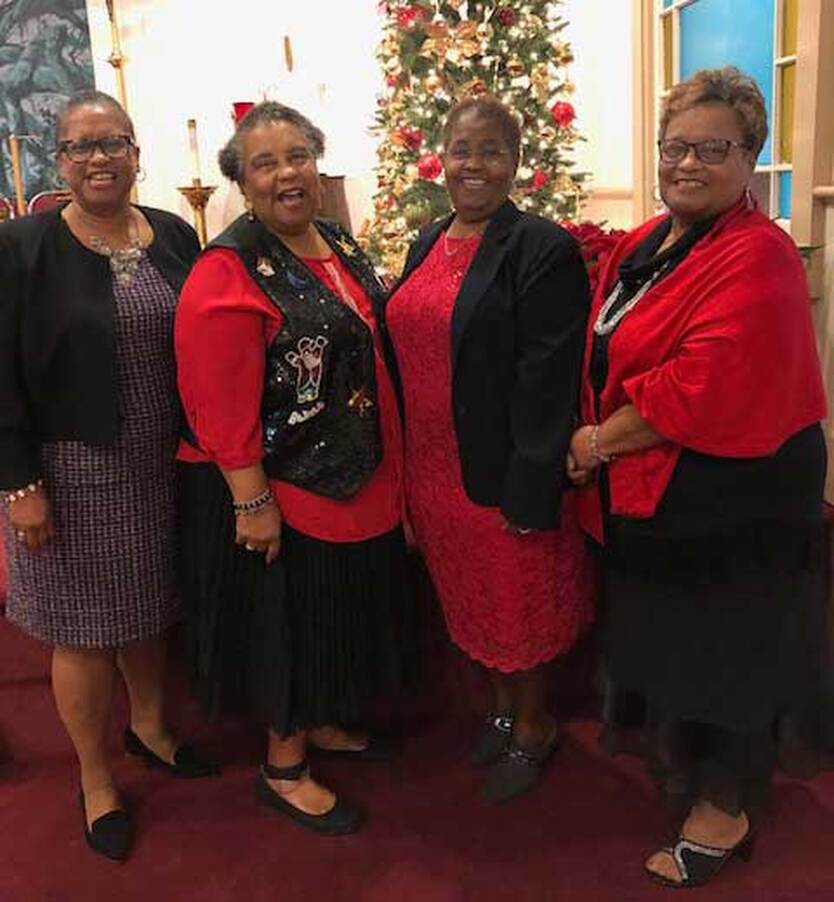
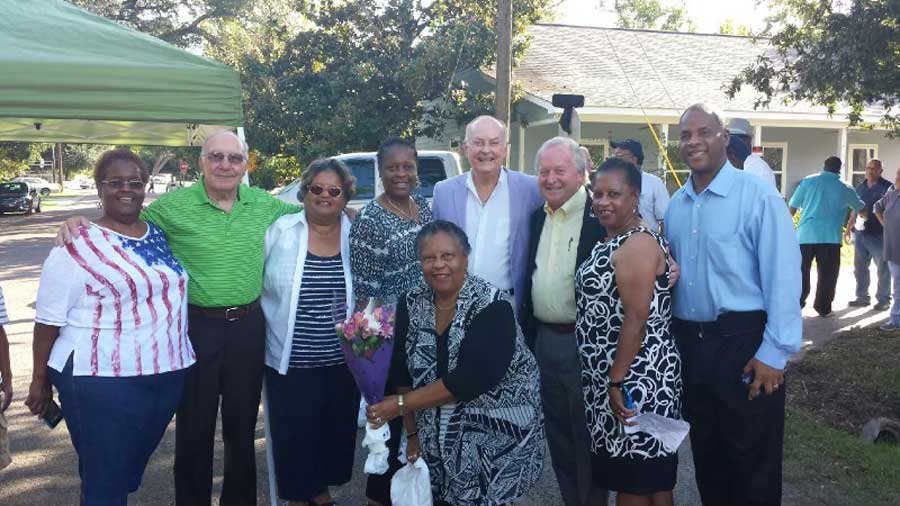
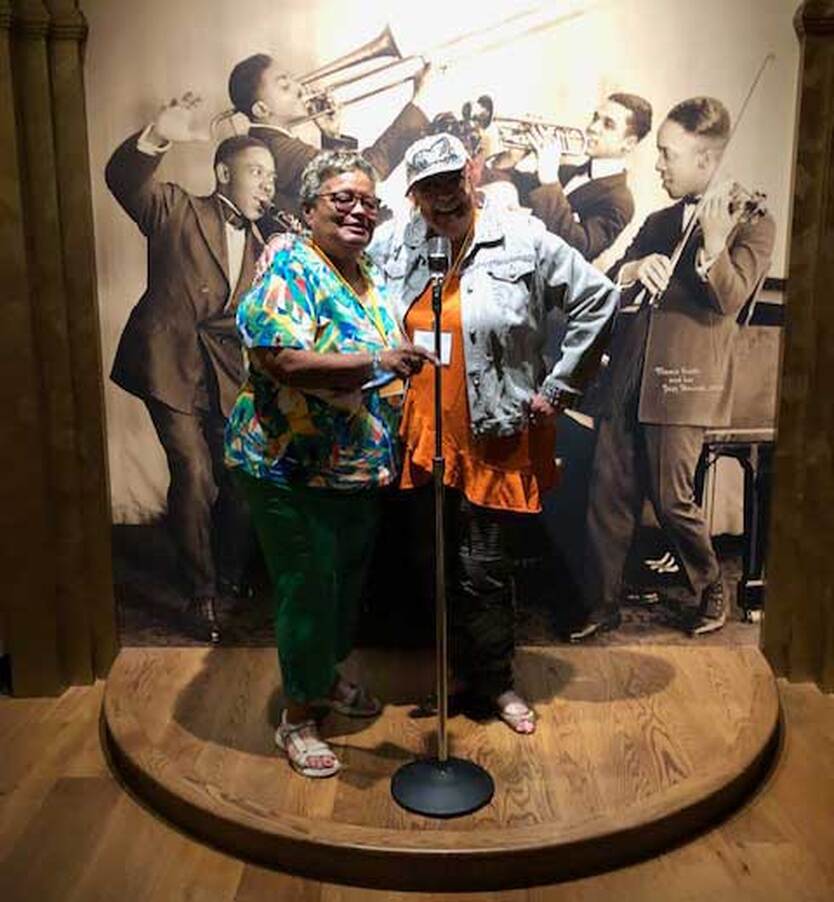


























 RSS Feed
RSS Feed























